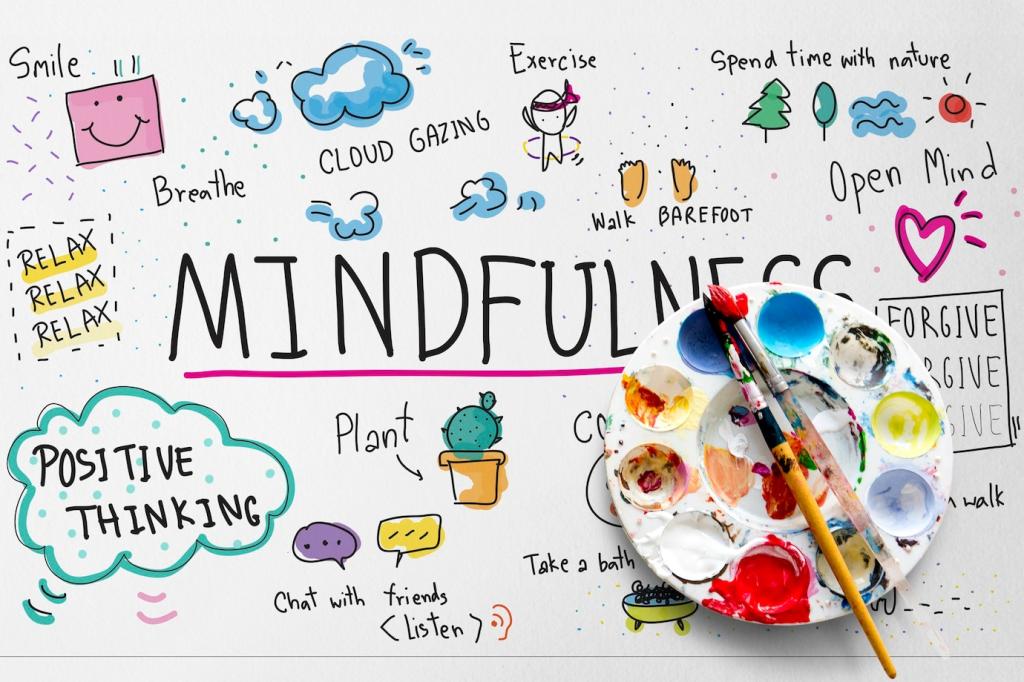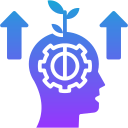Harnessing the Power of Mindfulness for Personal Development
Defining Mindfulness
Mindfulness is about anchoring attention in the now, observing thoughts, sensations, and emotions without trying to suppress or judge them. Rather than drifting through the day on autopilot, mindfulness allows you to experience life with intention and curiosity. This shift in perspective fosters a sense of clarity, helping you recognize and disengage from unhelpful patterns. Over time, the practice cultivates a steady mind, enabling you to make conscious choices that align with your values and aspirations.
Historical Roots of Mindfulness
Mindfulness has deep roots in contemplative traditions, particularly within Buddhism, where it is central to meditation and ethical living. However, in recent decades, mindfulness has been adapted for secular contexts, including health care, education, and the workplace. Modern scientific research validates its efficacy, showing that mindfulness can reduce stress, improve emotional regulation, and enhance self-awareness. Appreciating these origins clarifies why mindfulness remains a timeless pillar for holistic personal growth.

The Role of Mindful Reflection
Mindful reflection involves pausing regularly to observe your inner experiences. This intentional examination sheds light on habitual reactions, beliefs, and emotions that often operate below the surface. As you become more attuned to subtle shifts in mood or thought patterns, you gain clarity about your authentic self. Such insight fosters compassion for your strengths and areas for improvement, laying the groundwork for meaningful personal transformation.

Enhancing Emotional Intelligence
Practicing mindfulness nurtures emotional intelligence by increasing your capacity to identify, understand, and respond skillfully to your own emotions and those of others. When you observe emotions as they arise, you can respond, rather than react, creating the space for thoughtful choices. This heightened awareness allows for greater empathy, improved conflict resolution, and healthier relationships in both your personal and professional life.

Recognizing Unconscious Patterns
Many of the barriers to personal growth stem from unconscious patterns—automatic thoughts or behaviors repeated over time. Mindfulness acts as a spotlight, revealing these ingrained habits without self-judgment. By recognizing and accepting these patterns, you create an opportunity to replace them with more constructive alternatives, empowering you to move beyond outdated limitations into intentional living.
Mindfulness as a Tool for Growth and Resilience
Moments of difficulty can trigger stress and overwhelm, making it challenging to respond constructively. Mindfulness anchors you in the present, reducing the grip of rumination about the past or anxiety about the future. By focusing on what can be managed in this moment, you develop emotional steadiness and the resilience to recover from setbacks more quickly, positioning yourself for ongoing personal evolution.
Adaptability is crucial in an ever-changing world. Mindfulness enhances your ability to remain open and flexible, encouraging curiosity rather than resistance in the face of new experiences. By training your mind to stay receptive to whatever arises—pleasant or unpleasant—you cultivate a growth mindset that welcomes learning and embraces change, both essential components of personal development.
Stress is an inevitable part of life, but how you manage it makes all the difference in your growth journey. Mindfulness techniques, such as conscious breathing and body scans, help regulate the nervous system, lowering stress hormones and promoting relaxation. Consistent mindfulness practice allows you to process life’s pressures without becoming overwhelmed, preserving your well-being and sharpening your focus for personal achievements.
